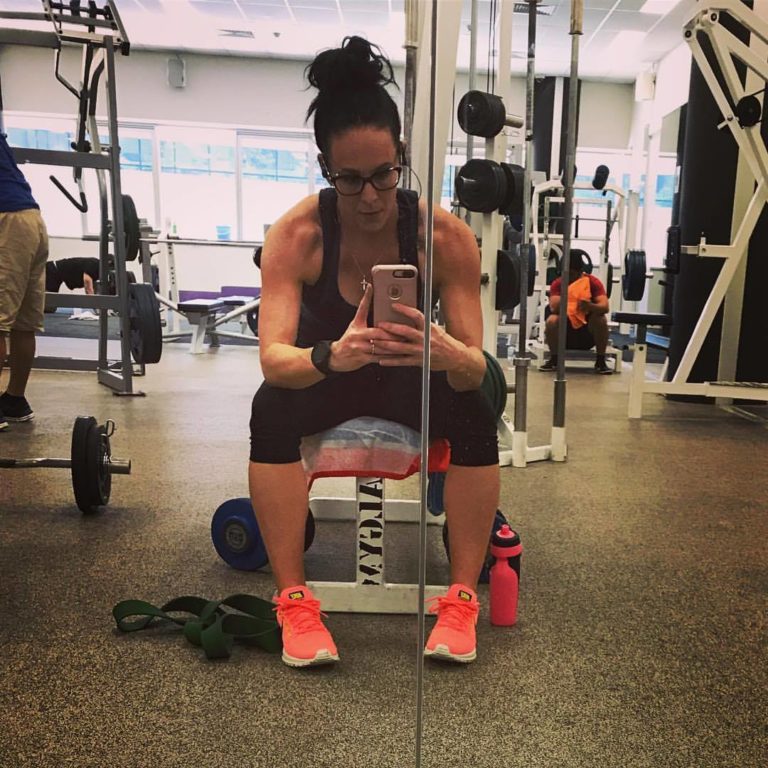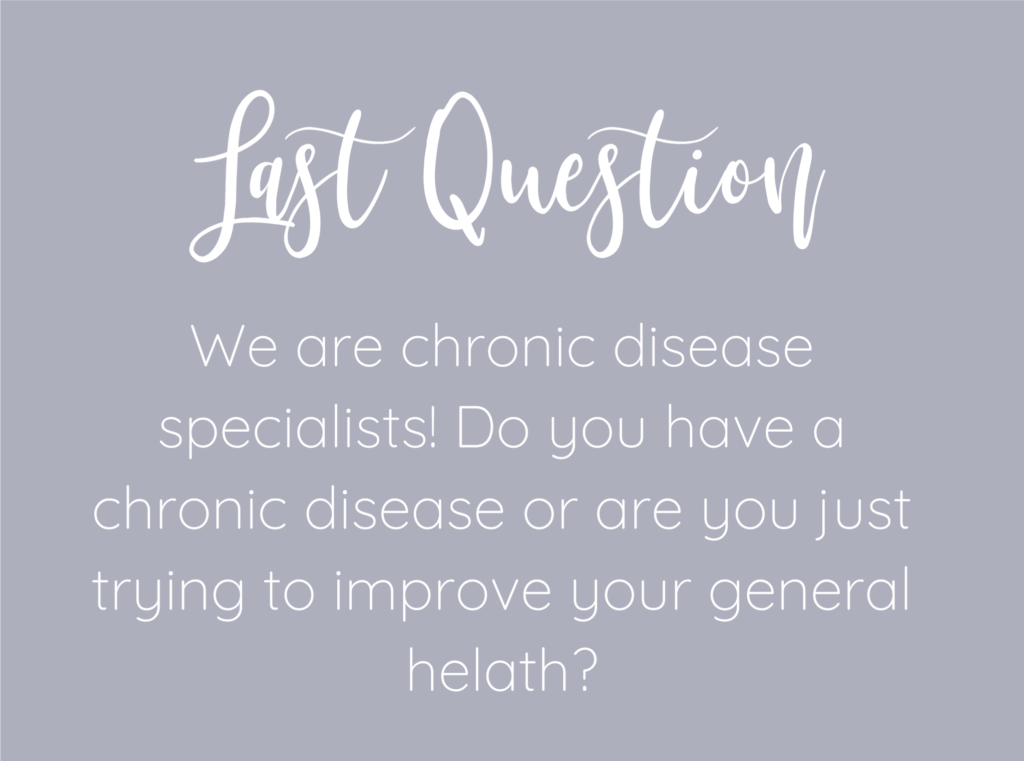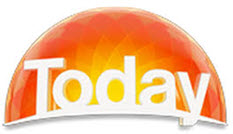When I first started LCHF, I cut out grain-based foods and sugar in addition to changing my fat consumption. I switched back to full-fat products and changed from using seed oils to oils higher in saturated fat or monounsaturated fat i.e. butter, lard and olive oil. That was it. I didn’t count carbs or calories, I measure ketones and I didn’t consider low carb to be anything other than eating a diet that contained minimally processed carbohydrate.
Unfortunately, I got swept up in the craziness of what I consider to be low carb zealotry and lost my way for a while. It took me quite some time to sift and sort through the nutritional BS. Unfortunately, because we were not taught about the safety and efficacy of low carb diets at uni, my belief was that if they could get this wrong, then they could get so many other things wrong also. And whilst this idea is actually true (i.e. we know what we know today but it might not be the same tomorrow), it caused me to be led down the garden path for quite some time.
So here’s the honest to God truth about nutrition.
1. Most diets work if you stick to them.
2. There are many many paths to good health.
3. There are a number of diets that will improve your medical condition and potentially reverse it.
As an example, did you know you can reverse diabetes with a number of diets including low carb, low energy and (gasp) a well-constructed higher carb diet (where veggies are the predominant source of carbohydrate)? Well it’s actually true. Unfortunately, whenever I’ve tried to discuss some of these well reported facts (i.e. there is plentiful research on it), the response has been less than warm and receptive 😂.
Unfortunately I see the low carb diet thoroughly entwined with some very unscientific ideas and it really caused me a great sense of confusion when I first started this way of eating. I started stressing about GMOs, pesticides, toxins etc. to the point where I felt like I couldn’t feed my family anything. So when I hear the words toxins and poison getting thrown around, it really bothers me. Whilst I agree that diets high in grain and sugar are terrible for us, it doesn’t then mean that grain or sugar is toxic or a poison. The first law of toxicology is that nothing is toxic below it’s toxic dose and everything is toxic above it’s toxic dose. This just means that everything has the potential to be both deadly and harmless.
The word “natural” is another one that gets used freely without much thought, but I’d like to point out that salmonella and e-coli are about as natural as possible and I don’t think anyone wants to be eating them. So it’s really important to try and think critically about our ideas and beliefs and ensure they are in fact scientifically accurate (and not just confirming our own bias). It’s also important to understand that we are taking about food and not our moral and ethical makeup. You are neither good nor bad for the food you eat, despite what anyone might try and tell you.
So why do I tell you this? Because it’s really frustrating that people refuse to hear what I’m saying when what I’m telling them could actually make their lives easier and increase their chances of succeeding. People place unnecessary restrictions on themselves and end up falling away because they couldn’t sustain what they were doing.
Over the years, I made it a point to not allow myself to be in echo chamber. I follow many people on social media who are not low carb and some are even leaning more towards anti-low carb. Why do I do this? Because nutrition science has to be interpreted and with that interpretation, comes bias. I don’t want to always be hearing things through the same bias and I want to hear different opinions. Different opinions bring different perspectives and new understanding. This is crucial to growth and development.
I am also so thankful for making the decision to complete my post-grad studies in nutrition as there are things we know, things we know we don’t know and then there are things we don’t know, we don’t know. Uni showed me how many things I simply did not know I didn’t know. Plus it’s a pretty humbling place. Nothing humbles a person quite like when you’ve been listening to them for 30 minutes and you’re still trying to figure out what they said 29 minutes ago 😂
So has all of this changed my position on low-carb diets? Well yes and no.
Do I still follow low carb? Yes, absolutely! But it’s always been my version of low carb and what works for me. My diet hasn’t changed much over the last 7 years and is unlikely to change much in the future. LCHF has been life-changing for me. I don’t have IBS anymore, I now have a healthy relationship with food and it helped me get back into shape after 4 babies. It also keeps me full, keeps my blood glucose stable and it’s something the whole family loves.
But over the years, my opinion around low carb topics has shifted and has become aligned with research and moved as far away from zealotry as I can get. So whilst there are are many diets that work and simply moving away from the diet that caused the problems, will provide huge improvements; I still favour LCHF above every other diet. However, it’s also important to stress that LCHF has worked for me in my individual situation and that I figured out a version to suit my life. LCHF may not work for everyone and we need to be flexible in our thinking. This is why I try and offer suggestions/alternatives within my program. This is not to create confusion but to simply find a workable solution for everyone. Not everyone thrives on very low carb and not everyone thrives on high fat. There’s also the HUGE consideration of what people actually like to eat (yes you can eat food simply because you like it 😂🙊).
So, over the years my opinions have changed but here’s the thing; they should. If my opinion never changes, it means I’m stuck in nutritional dogma and I’m unwilling to learn. You do not want to be listening to someone like this.
Research is always changing – what we know today will be different in a year and we should always be willing to move with the research. I spend so much time reading research and listening to different people because I’m always trying to find the best strategies that suit my clients. My clients are all individuals and diverse in their needs, goals, likes and physiology which means my strategies should be diverse too. Surely there is not a one-sized fit all approach to health?
So to finish up, this is what I want you to know about me and about nutrition science:
- If I had to define myself, I would say I am a flexible dieter and a carb cycler. I don’t overly restrict myself and I eat all veggies – yes even potato 😉 This has happened very naturally; I didn’t plan it but rather this is just my natural eating habits.
- There is no food that is off limits to me. I choose to restrict some foods because they don’t make me feel great after I’ve eaten them (they taste good while I’m eating them though 😂), they irritate my stomach and they don’t give me the results I want.
- Weight training and fitness is the key to being able to eat more, and more of the foods you love.
- Low carb diets look different from person to person.
- There are many diets that work. Pick one that you can stick to.
- Nutrition science is highly influenced by bias, the food industry and bad science. Interpret studies with caution and prejudice.
- You need to find your nutrition sweet spot – where you’re enjoying your food, you’re getting results and you can stick with it.

At the end of the day, it doesn’t matter if your sweet spot doesn’t look like low carb macros or a calorie recommendation, all that matters is that it is working for you!












